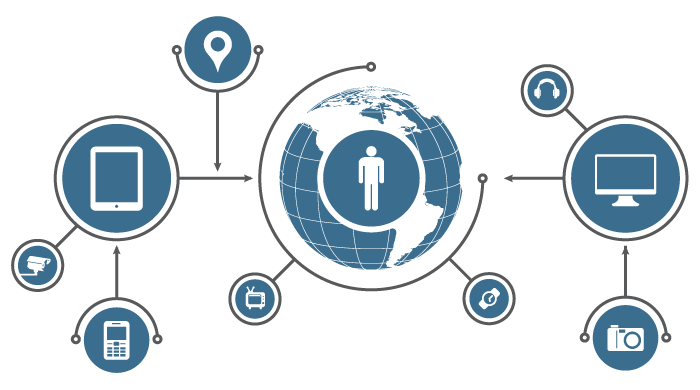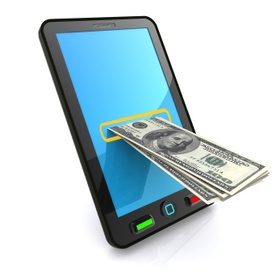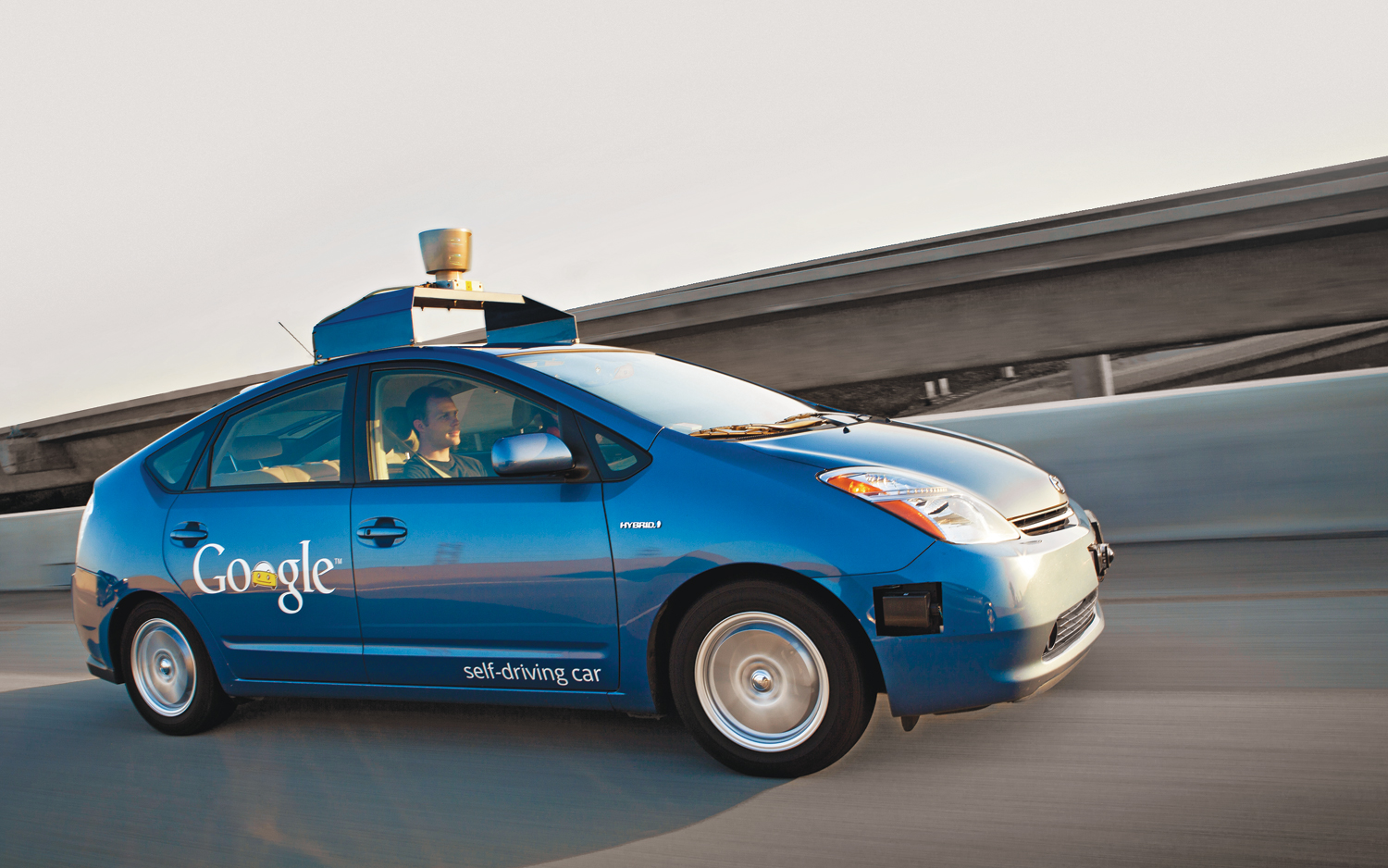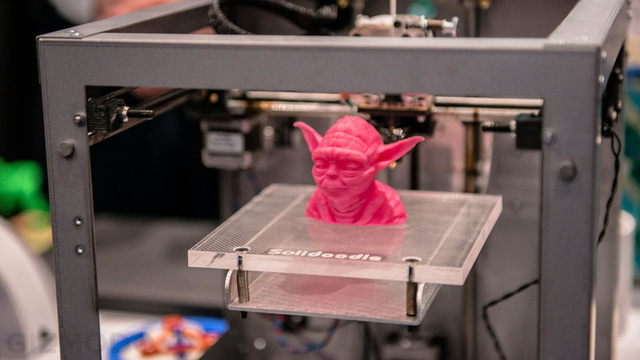While the 20th century was packed with technological breakthroughs and discoveries, the 21st century could go one, or many steps further. In the last decade we've seen iTunes turn the music industry upside down, and the social media revolution forever changed the way we communicate, along with the rise of the smartphone. Check out the list below to find out which technologies are expected to affect the way we live in the years to come.
The Internet of things

Image via silabs.com.
If you think the Internet is all about your smartphone and staying connected with friends, you'll be surprised to know that the Internet is increasingly becoming about objects communicating with other objects. Actuators and sensors are appearing on more devices so they can monitor surroundings, receive instructions, and share feedback. Currently there are over 9-billion devices connected to the Internet, and that number is expected to rise to a trillion in the next decade.
According to the director of the Electrical and Computer Engineering Department at Carnegie Mellon University, Ed Schlesinger, traffic among devices will exceed the conversation among people and between people and devices.
Mobile payments

Image via internetretailer.com.
It seems that physical coins and dollars will soon become obsolete due to the convenience and security of mobile phones. Just as we saw the magnetic strip revolutionize payment by credit card, near-field communication (NFC) will speed up the move to payment using mobile technologies.
NFC chips inside most mobile phones are able to transmit banking and payment information when placed near readers, and unlike a debit card, a mobile phone can display interactive payment details. Studies by Visa show that Americans are twice as likely to carry a phone as cash, and those between the ages of 18 and 34 are four times more likely. According to Forbes, 6-billion people have access to a mobile phone, making this opportunity enormous.
Self-driving cars

Image via motortrend.com.
Most people know that computers manage much of the complex process of flying an airplane, and huge ships such as cargo ships are also highly automated. Some cars are now self-driving, to some degree, with systems to help with steering, braking, parking and collision avoidance. Google's driverless Toyota Prius, for example, has already cruised 300,000 miles with only one accident along the way, which was caused by human error.
Since much of the technology needed for driverless cars is already available, such as computing power, sensors, and artificial intelligence, one may wonder why this technology hasn't become more widespread. Two major obstacles stand in the way: Regulatory approval and public acceptance.
3D printing

Image via gawkerassets.com.
It's no surprise that 3D printers are changing our world. These devices easily allow consumers to print three-dimensional objects at home, including phone cases, tools, ceramics, and even food. As 3D printers evolve with new inputs and features, they'll change the consumer landscape by helping to revolutionize manufacturing by cutting research and development costs.
Instead of ordering a pizza online, you may be able to print it out at home someday.
Advertisement
Learn more about Electronic Products Magazine





